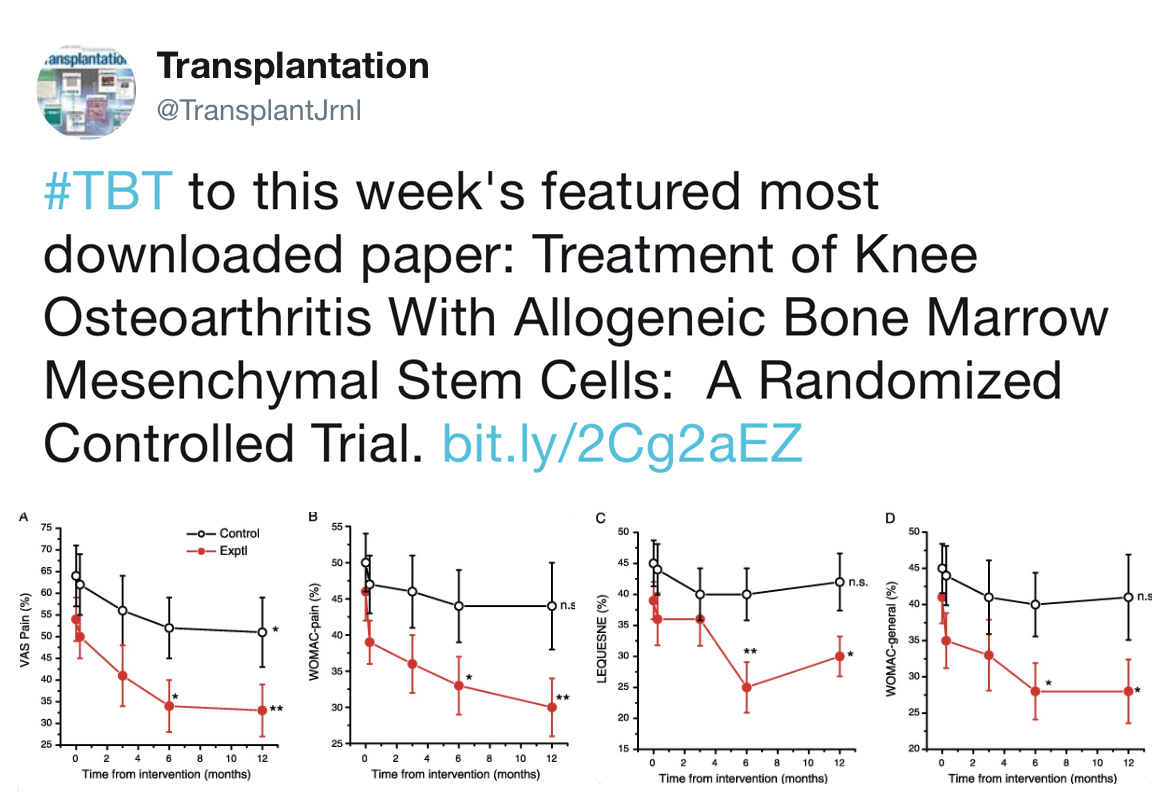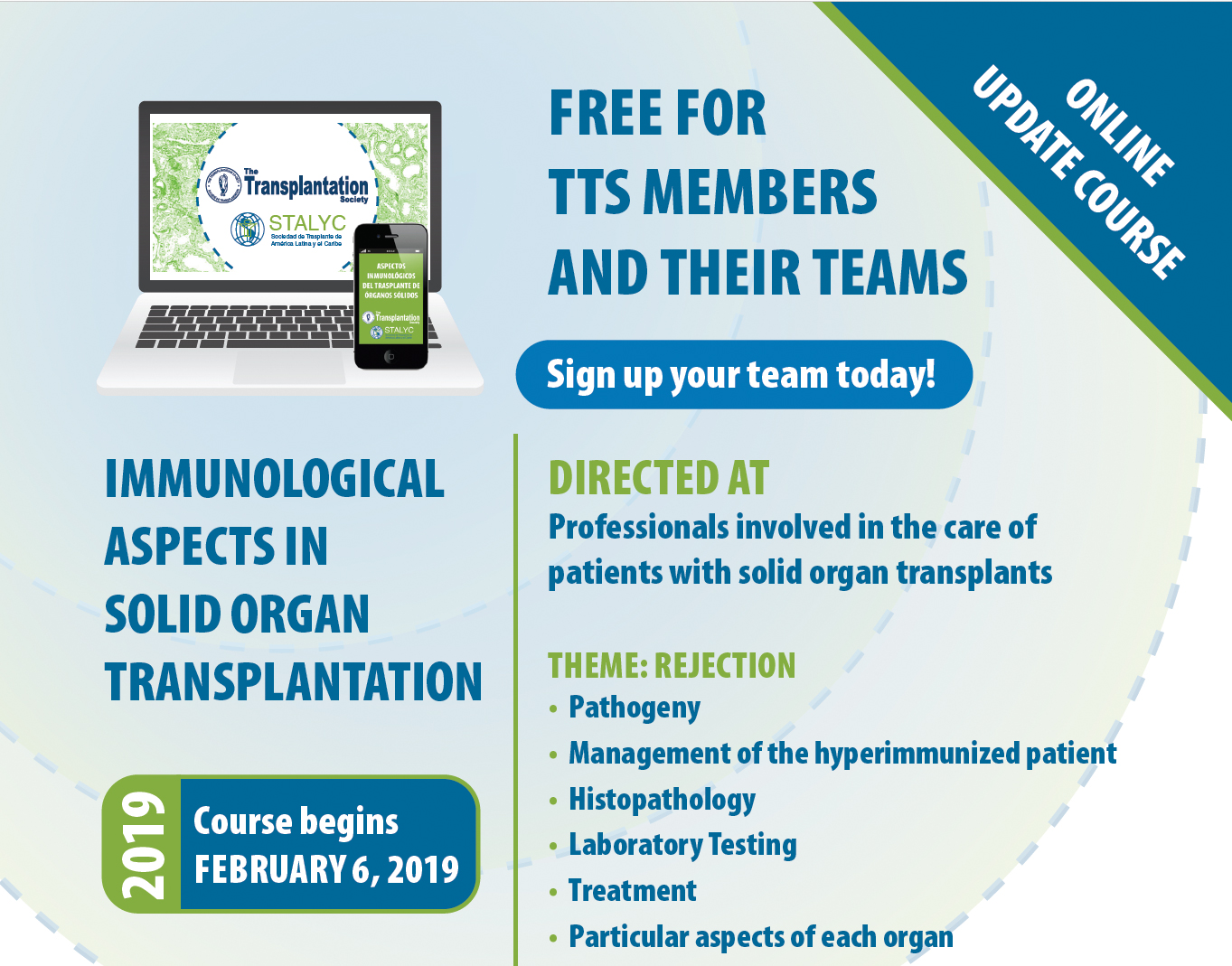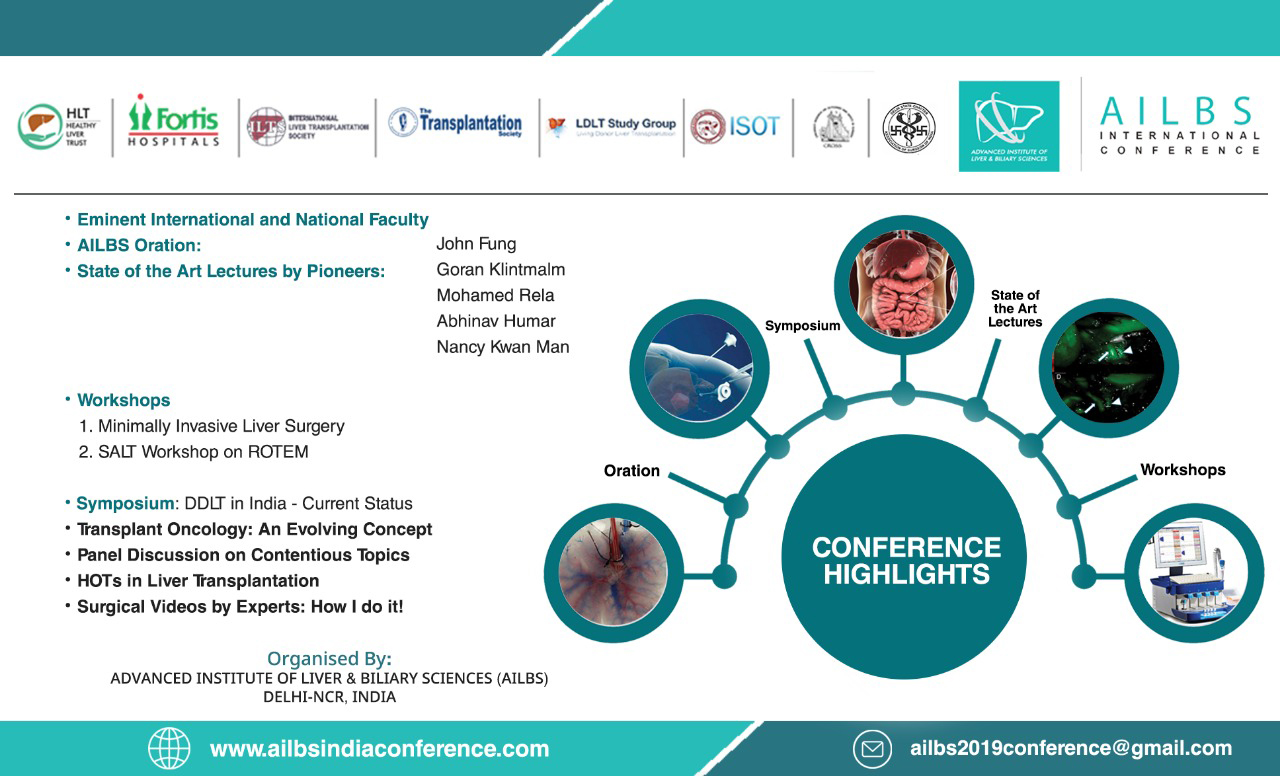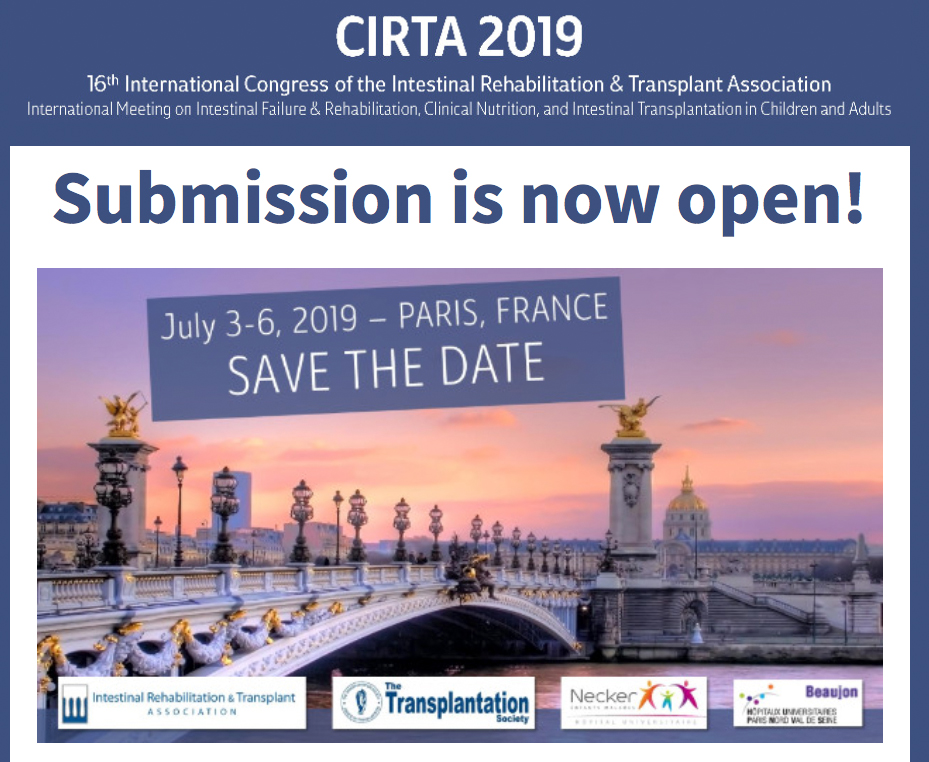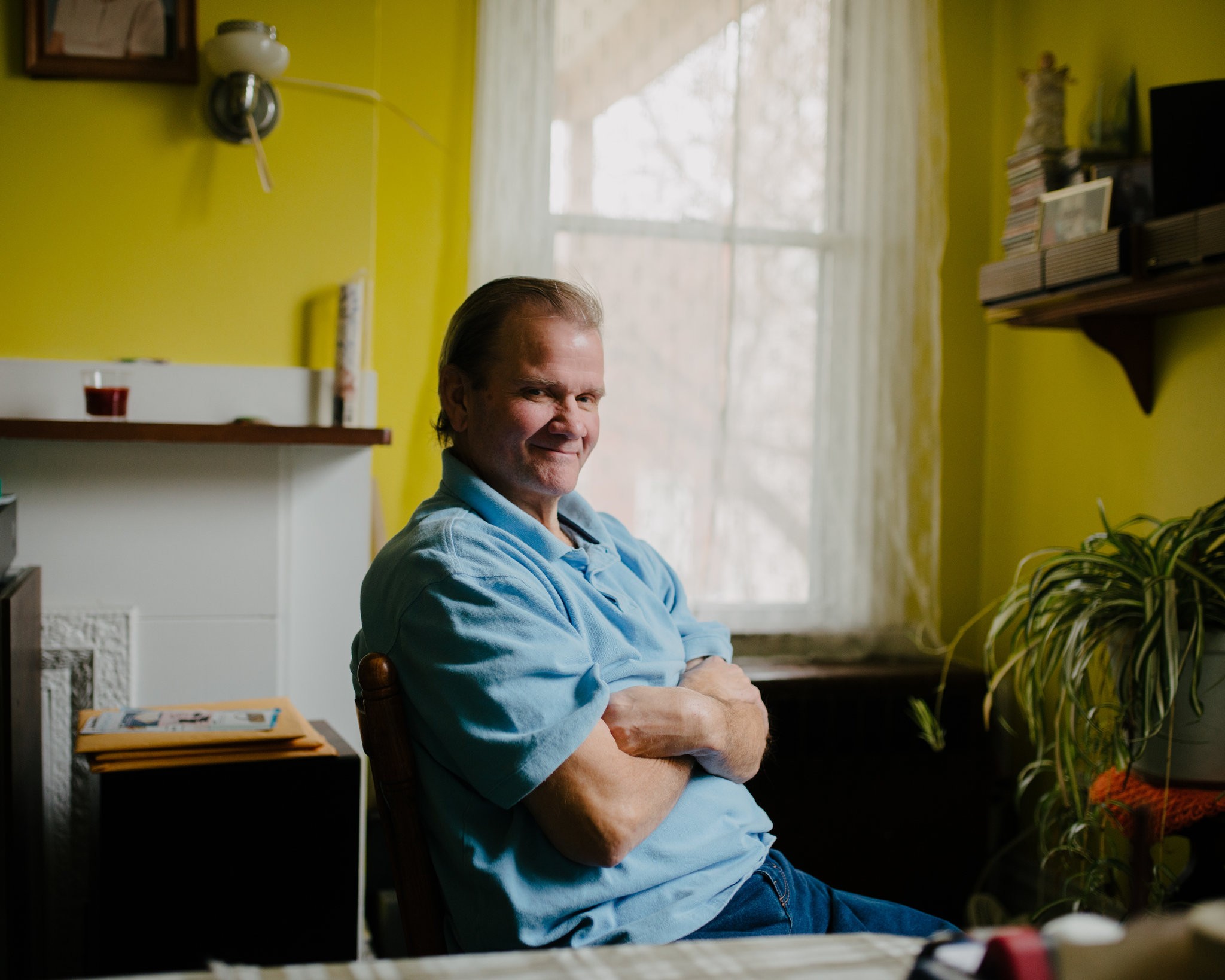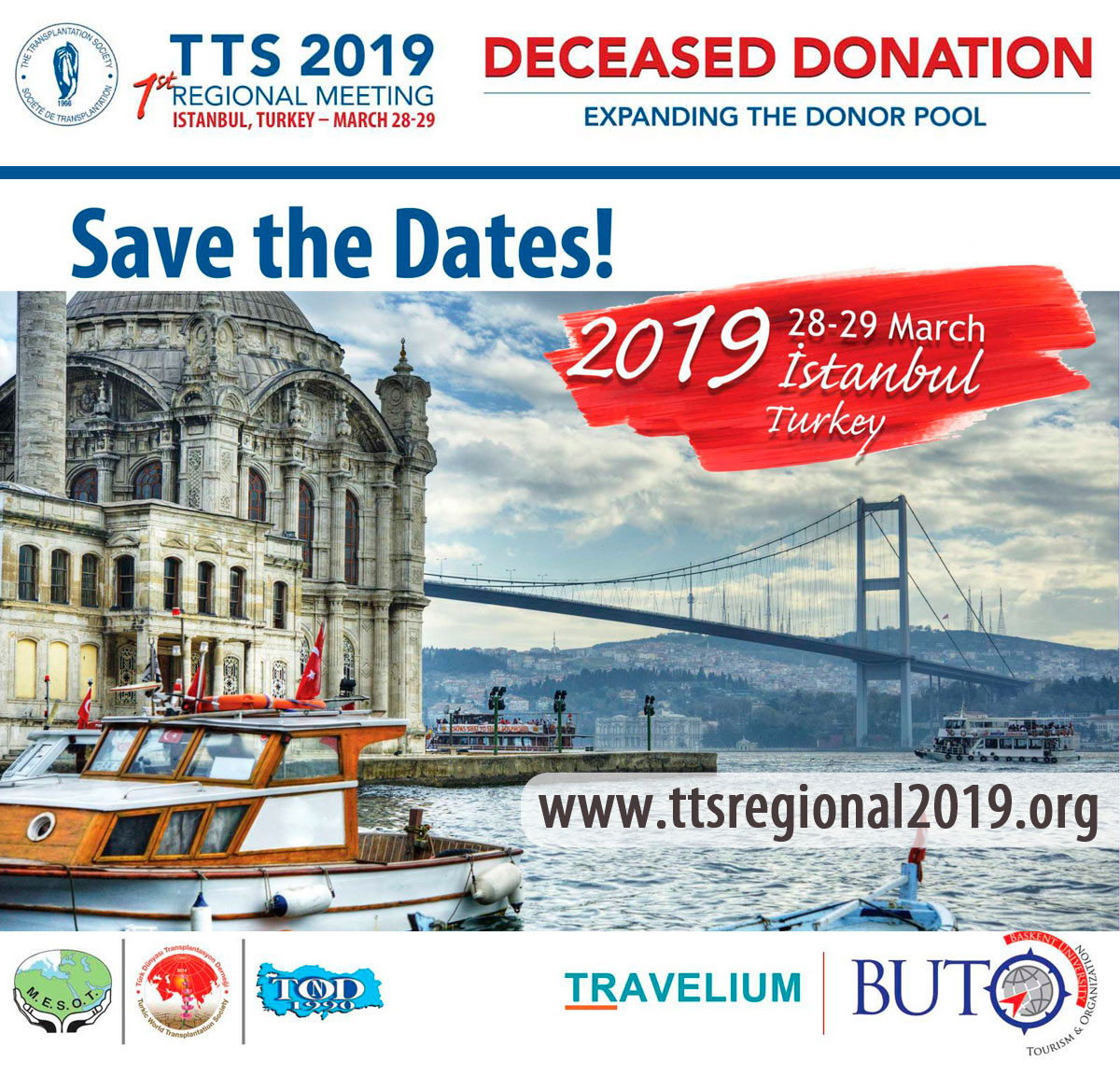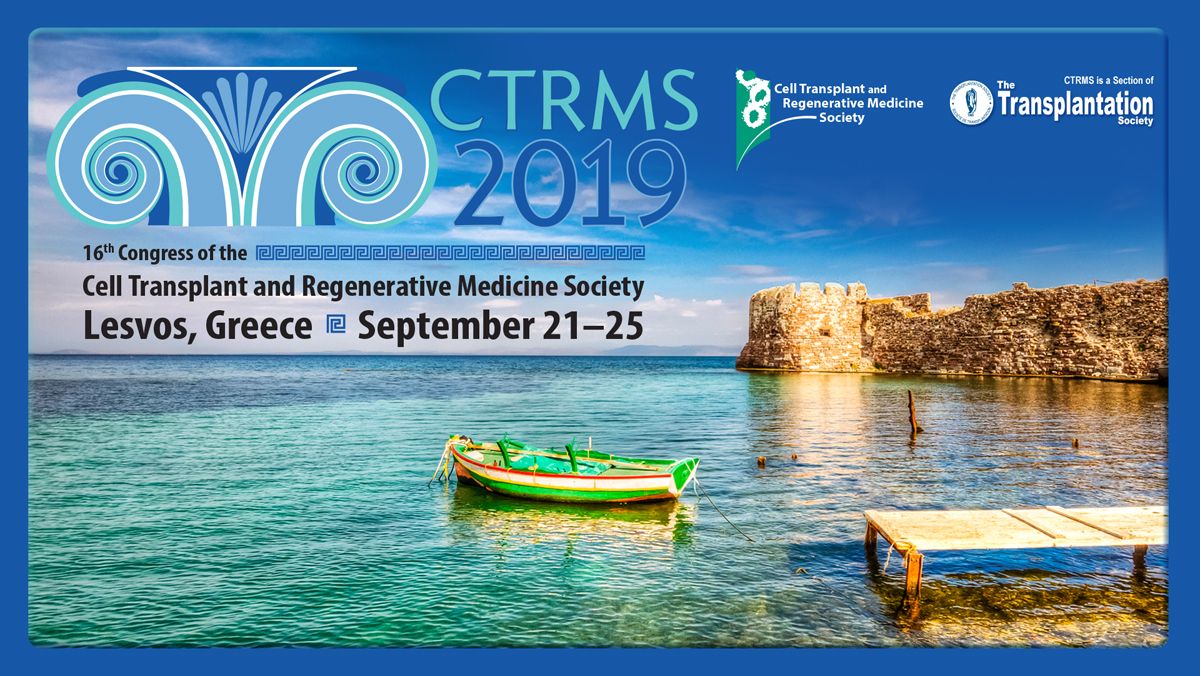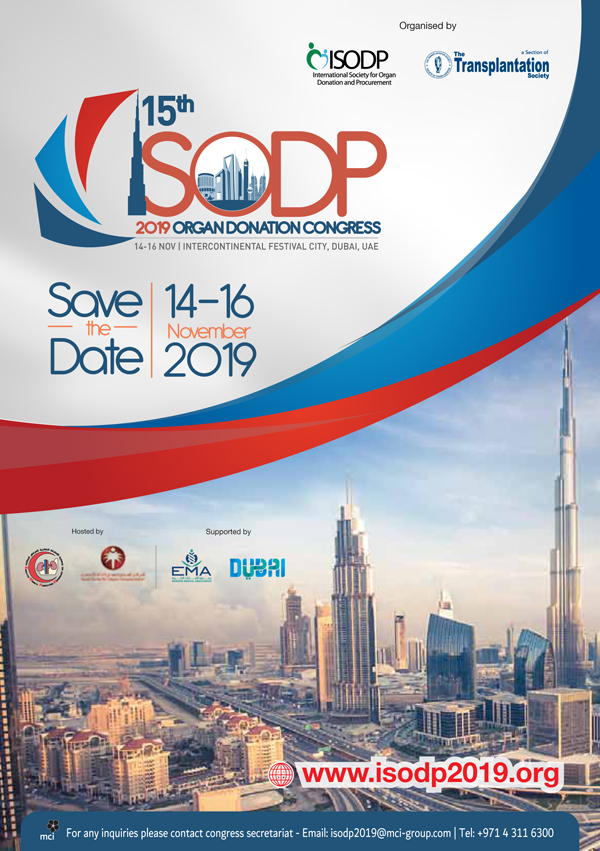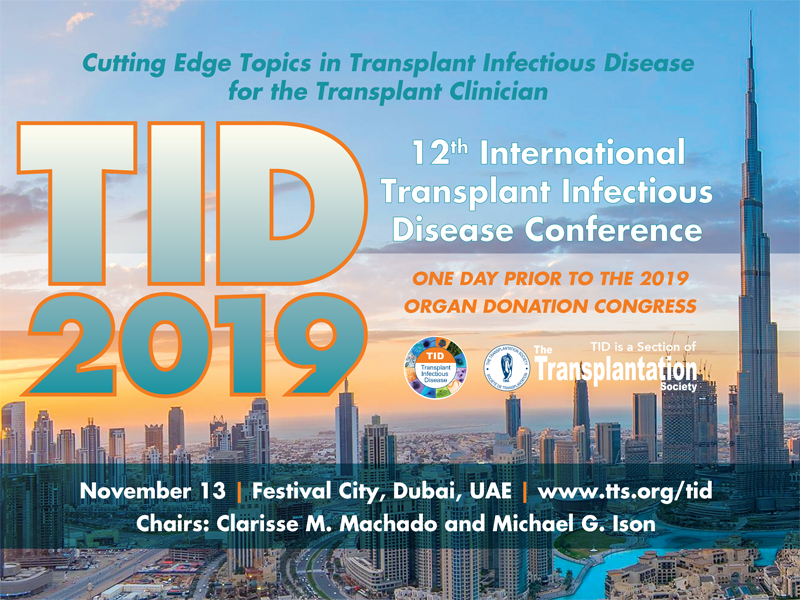
REMINDER - Liver Series Webinar
TTS Education Committee Webinar Series "Trends and Challenges in Liver Transplantation"
TITLE: Machine Perfusion in Liver Transplantation
Wednesday, January 30, 2019 - 11:00 AM EST (Montreal time)
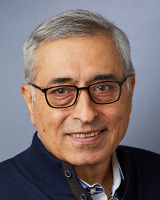 |
Organizer and Moderator: Sukru Emre, MD Professor of Surgery (Transplant) and of Pediatrics, Yale University New Haven, CT, USA |
 |
Discussant: Paolo Muiesan, FRCS, FEBS Professor and Consultant HPB Surgery & Liver Transplantation Queen Elizabeth & Birmingham Children's Hospitals Birmingham, UK |
 |
Discussant: Peter Friend, MD, FRC |
Women in Transplantation NEWS
Lori West and Bethany Fosterwill be speaking about sex and gender at the British Transplantation Society and NHSBT Organ Donation and Transplantation joint congress at the Harrogate Convention Centre from Wednesday 6th to Friday 8th March 2019.
TRANSPLANTATION - HIGHLIGHTED ARTICLE
Dr. Karen Keung, Editorial Fellow, Transplantation
Early TLR4 Blockade Attenuates Sterile Inflammation-mediated Stress in Islets During Isolation and Promotes Successful Transplant Outcomes.
Chang, Charles A.; Murphy, Kayla; Kane, Robert R.; et al.
Transplantation 2018; 102 (9): 1505-1513
In pancreatic islet cell transplantation, the organ procurement and cell isolation process exposes tissues to sterile stressors and damage, resulting in an upregulated inflammatory state which may promote acute rejection. Toll-like receptor 4 (TLR4) is a member of the cell surface pattern recognition receptors and has been identified as a major mediator of sterile inflammation. In this study, the authors evaluated the impact of early TLR4 blockade using a small molecule inhibitor TAK-242 on transplant outcomes in a syngeneic murine intraportal islet transplant model. Mice receiving TAK islets had superior transplant outcomes, with 75% (6/8) achieving euglycemia, compared with 29% (2/7) of those receiving control islets. A reduction of inflammatory gene expression (IL-6, CXCL1, CXCL10) and the activation of mitogen-activated protein kinases was observed post-transplant, along with improved islet cell viability. This data supports the use of TAK-242 during the islet isolation process to reduce TLR4-mediated sterile inflammation and to improve islet transplant outcomes.
LAST CHANCE TO REGISTER - February 1, 2019
FREE Online Course for TTS MEMBERS AND the MEMBERS OF THEIR TEAMS
Early Registration is NOW OPEN - IT Just Takes ONE MINUTE TO REGISTER!
Following up on the great success of the Course in Spanish and Portuguese, we have decided to expanded the course to english AND made it available for free to participate in for TTS Members and those in their transplant teams.
Over an eight week period, featuring 20+ online presentations, we will guide you through all the important aspects in immunology.
The course was designed to allow participants to learn at their own pace and time during each week of the course. You can post questions and tutors will respond to them.
TTS Endorsed Meeting Announcement
AILBS International Conference, 15-17 February, 2019, INDIA
In the News
Medical 'breakthrough' may spell end of potentially toxic drugs in transplant recipients
IPHOTO: This image shows how antibodies (Y-shaped) are able to stop specific viral strains from reactivating. (Supplied: Mariapia Degli-Esposti, Leonie Herson/Squarecell)
January 17 - An Australian medical discovery involving teams spread from Western Australia to Queensland has been hailed as a breakthrough for controlling infections in organ and bone marrow transplant recipients. The findings, published in the journal Science, are expected to lead to greater survival rates and should reduce the need for toxic and costly drug treatments.
What Does "Dead" Mean? The Debate Continues Some 50 Years After Harvard Defined Death.
January 16 - Fifty years after Harvard Medical School defined brain death, a new report commemorates the concept and raises new and lasting questions about what it means to be dead as well as implications for organ transplantation.
Bulgaria to use Croatia's Experience in Field of Organ Donation and Transplantation
January 18 - Bulgaria's Minister of Health Kiril Ananiev met in Sofia with the National Transplant Coordinator of Croatia Dr Mirela Bušić, reported the Bulgarian National Radio. Minister Ananiev and Mirela Bušić discussed Croatia's experience in the field of organ donation and transplantation. Croatia is one of the leading countries in the field of transplantation.
The Tricky Ethics of Transplants for Addicts
January 19 - In the early days of liver transplantation, saving patients with alcoholic liver disease was generally considered an inappropriate use of such a limited resource. Yet now that the practice has been supported by data showing that outcomes for these transplants are as good as or better than outcomes for other diagnoses, the policy has changed.
Scientists Are Teaching the Body to Accept New Organs
Michael Schaffer, who received a liver transplant, is the first to undergo a new procedure that may help wean organ recipients from anti-rejection drugs.C reditCreditKristian Thacker for The New York Times
January 22 - Patients receiving new kidneys and livers must take damaging anti-rejection drugs for the rest of their lives. Now researchers hope to train the immune system instead of just tamping it down.
New yeast model of metabolic disorders may lead to life-saving therapies
January 16 - A new Tel Aviv University study suggests that the role of yeast, the world's most basic eukaryotic unicellular organism, may pave the way for the development of novel, more effective therapies. The research was published in Nature Communications on January 8.
Upcoming Meetings and ANNOUNCEMENTS
1st TTS Regional Meeting on Deceased Donation
We are offering low registration fees, which are further reduced for TTS, MESOT, TDTD or TOND Members, nurses and non physicians. Students may attend the meeting for free.
CTRMS 2019 - SAVE THE DATES!
SEPTEMBER 21-25, 2019 - LESVOS, GREECE
Abstract Submission is now open!
TID2019 - SAVE THE DATES!
PrE-MEETING TO ISODP 2019 - SAME VENUE ...one day prior!
Contact
+1-514-874-1717
This email address is being protected from spambots. You need JavaScript enabled to view it.
Address
The Transplantation Society
International Headquarters
505 Boulevard René-Lévesque Ouest
Suite 1401
Montréal, QC, H2Z 1Y7
Canada


